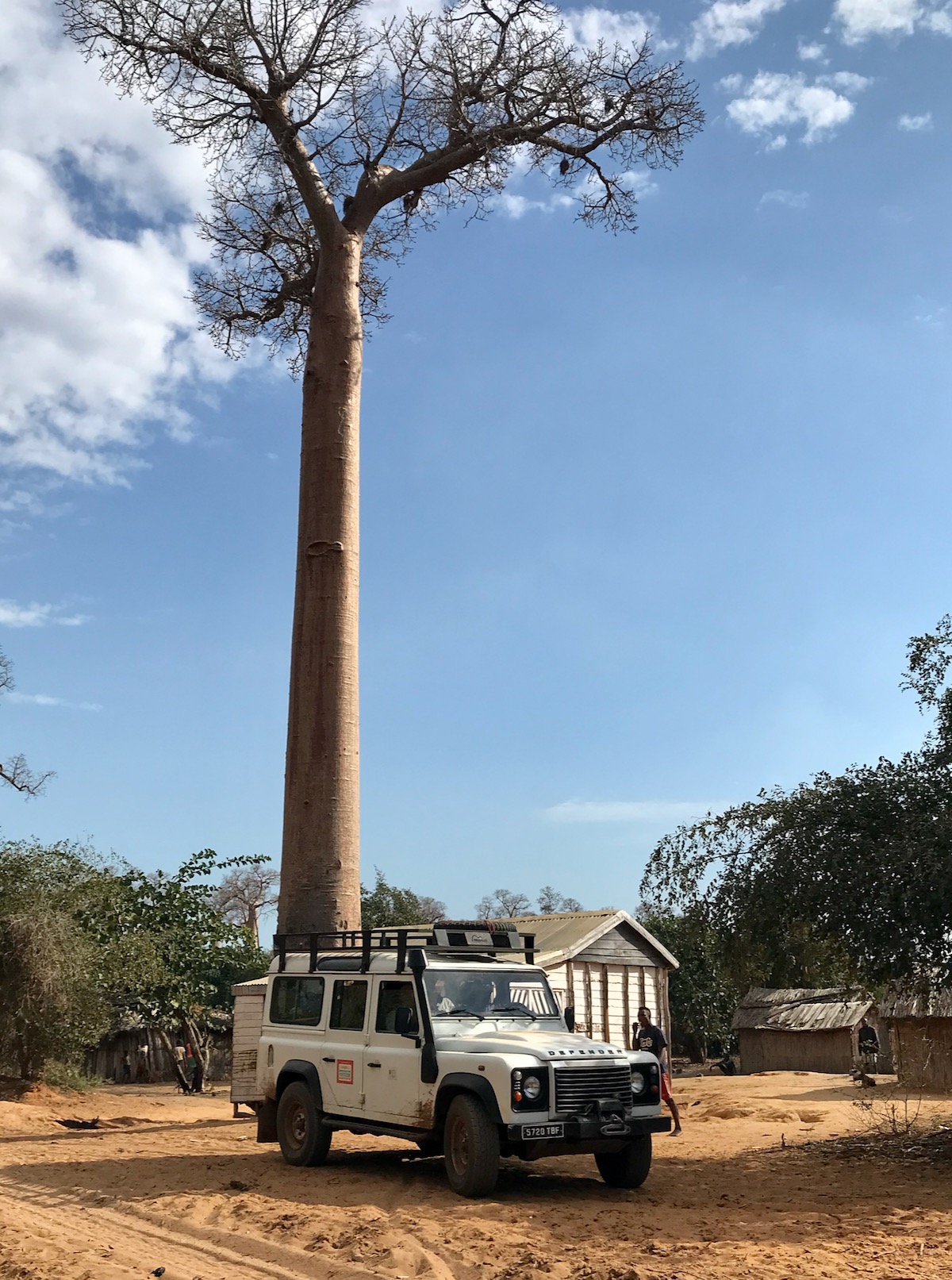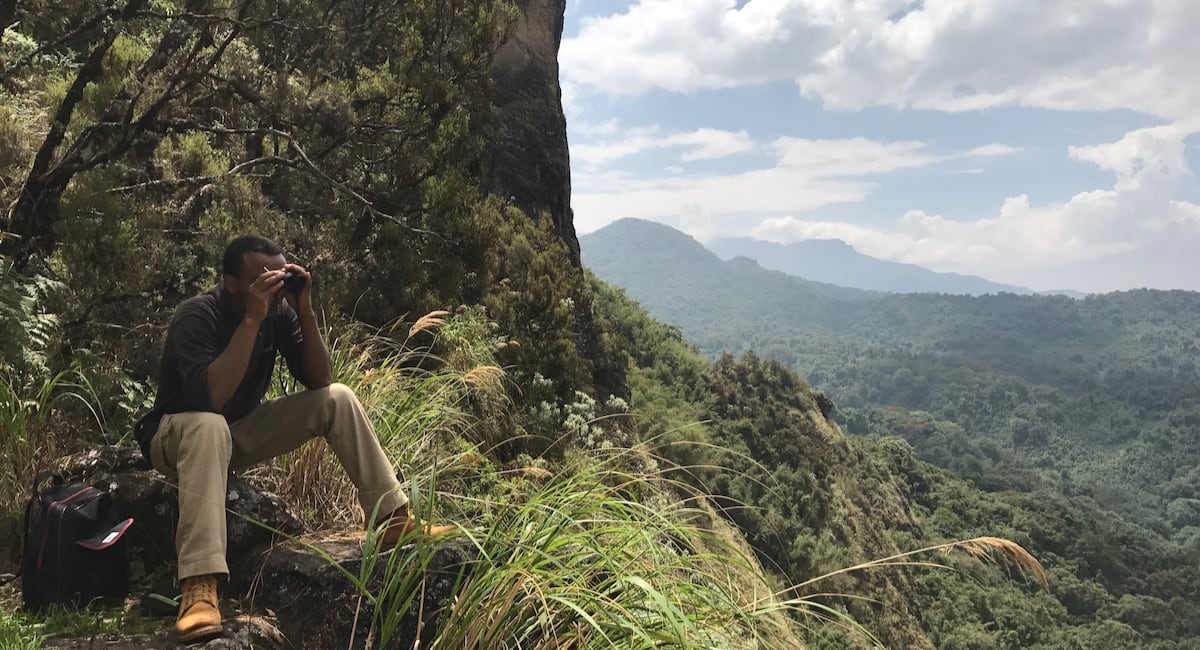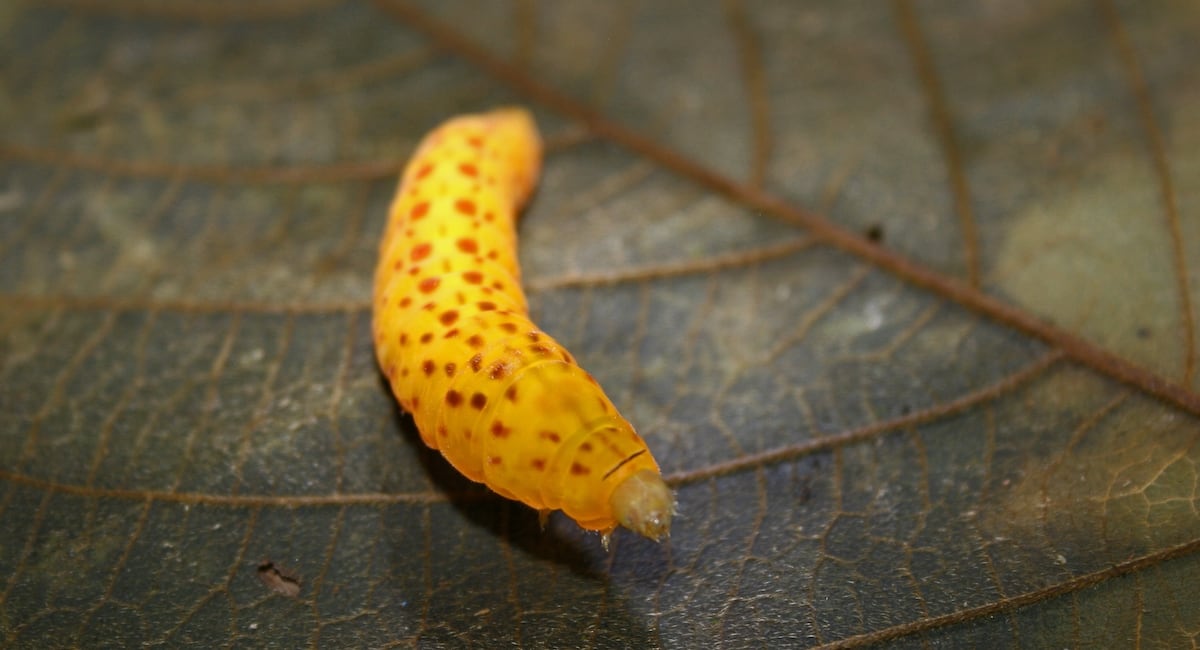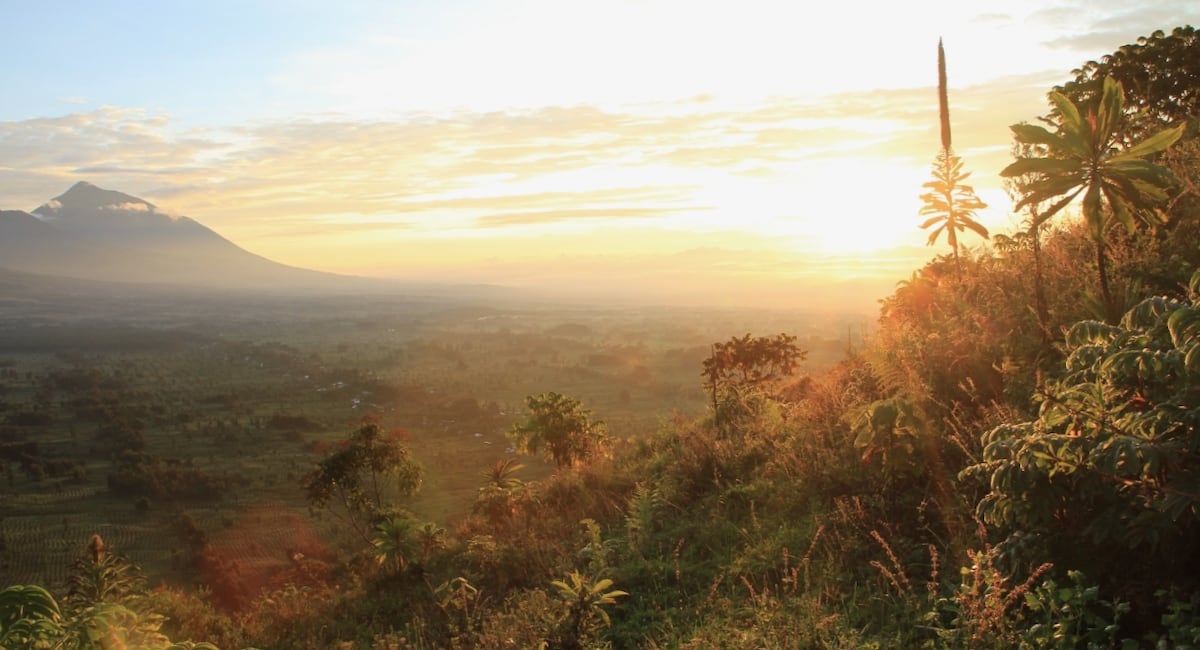Research
My research group focuses on using biodiversity to addressing Global Challenges. We are particularly interested in understanding what drives patterns of species and genetic diversity, and how we can use this to help people, agriculture and wildlife adapt to environmental change.
We work across a spectrum of scales from developing methods to piloting novel field applications and policy impact. Methodologically we use genomic and spatial modelling techniques, augmented by a broad range of collaborations including archaeology, economics and health and social sciences. We maintain strong collaborations with researchers in Ethiopia, Oman and Madagascar.
Our group is based at Royal Botanic Gardens, Kew, in the UK and has been funded by GCRF, GCBC, NERC, BBSRC, DEFRA and philanthropy.
We welcome prospective MSc and PhD students as well as new collaborators who might like to develop a project proposal together. Please get in touch.

Current research projects:
Incentive mechanisms for agrobiodiversity conservation in Ethiopia
Incentivising the conservation of food crop diversity in Ethiopia by rewarding local farmers for conserving declining crop species and assisting both poverty reduction and biodiversity conservation.
Agrobiodiversity is the variety of plants and animals that we use for food and agriculture. Whilst global declines in wild biodiversity are well known, the concurrent declines in agrobiodiversity are less reported. Currently, much agrobiodiversity (and associated indigenous knowledge) is managed and conserved by subsistence farmers, in high biodiversity developing countries. These farmers are providing a ”global good’ in maintaining these resources for humanity, but receive little rewards for this service.
This project aims to develop novel strategies for mitigating the loss of agrobiodiversity in Ethiopia through a ‘payments for agrobiodiversity conservation’ scheme (PACS). This approach is new, but conceptually similar to ‘Payments for Ecosystem Services’.
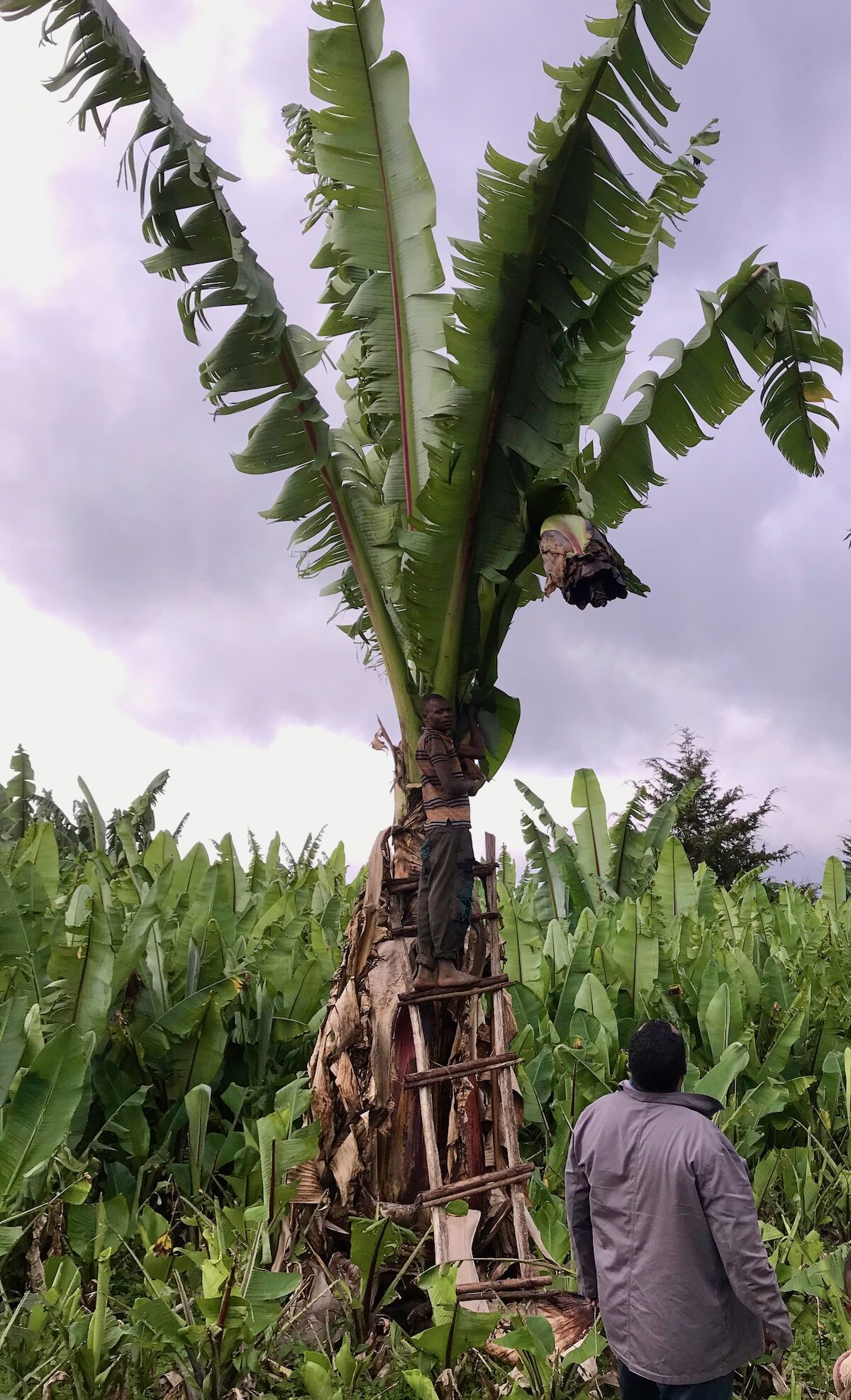
Comparing the diversity of planted and naturally colonised woodlands in the UK
Many countries are seeking to expand forest cover. Often this is driven by incentivised tree planting programmes, but in some context forests can regenerate or expand through natural colonization. While planting trees offers many benefits and are may be more easily accountable, there is uncertainty around its impact on the genetic diversity and resilience of the resulting young woodland?
Concievably they could be more diverse through mixing provenances, alternatively locally adapted populations driving natural colonization may be fitter. We are collaborating with Forest Research, as part of the Centre for Forest Protection, to address this question.
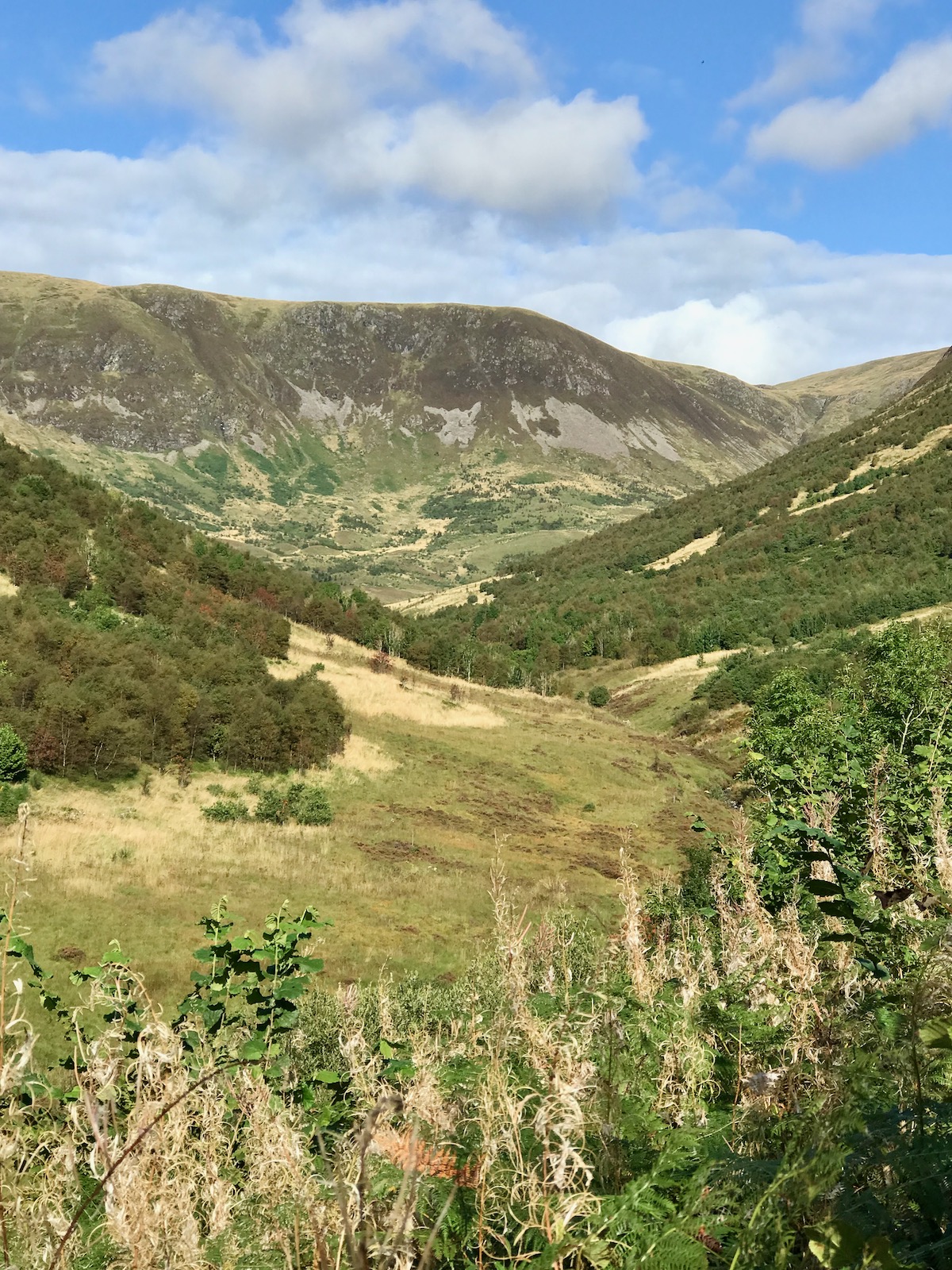
Sustainable landscape management in Madagascar
Madagascar’s protected areas are islands of natural capital, upon which millions of people depend. Kew is leading a six year effort to developing a sustainable landscape management model for community-led forest conservation, carbon storage, and livelihoods enhancement across Madagascar’s protected area network.
This project is centered on robust monitoring and evaluation data, to help us understand exactly what works, where and why. Our group is supporting this by developing digital real-time data collection tools to help protected area managers across a wide range of conservation activities. We are also applying counterfactual analysis to understand the effects of protected areas and the wider programme at the landscape scale.
Read our recent paper on conservatin in Madagascar.
